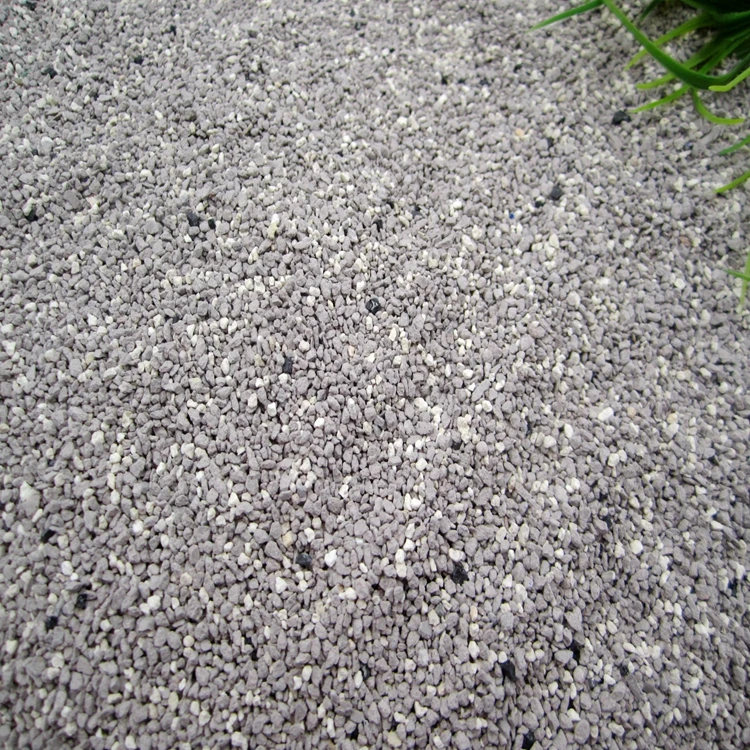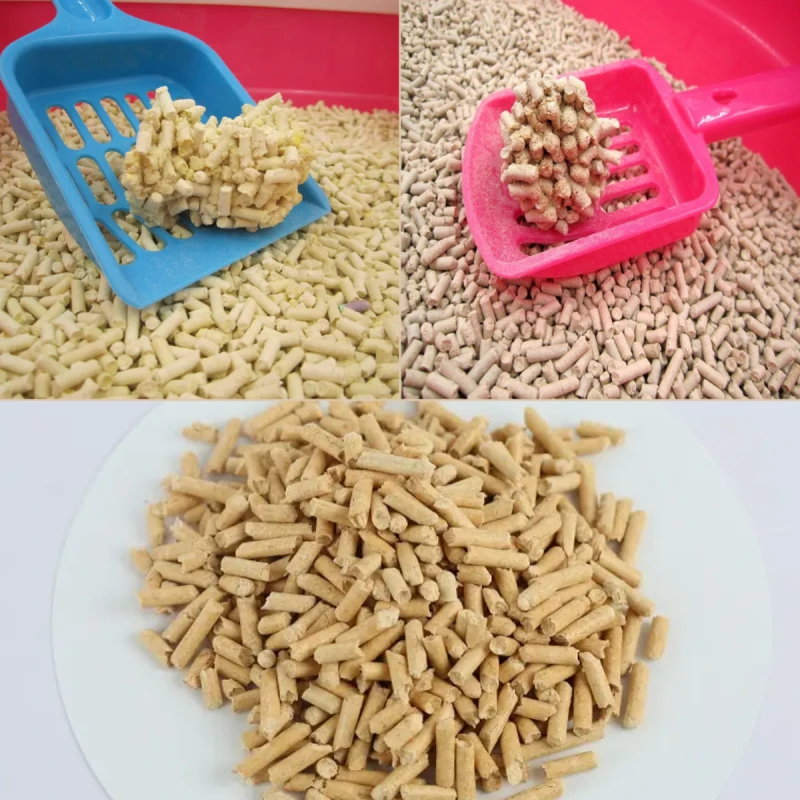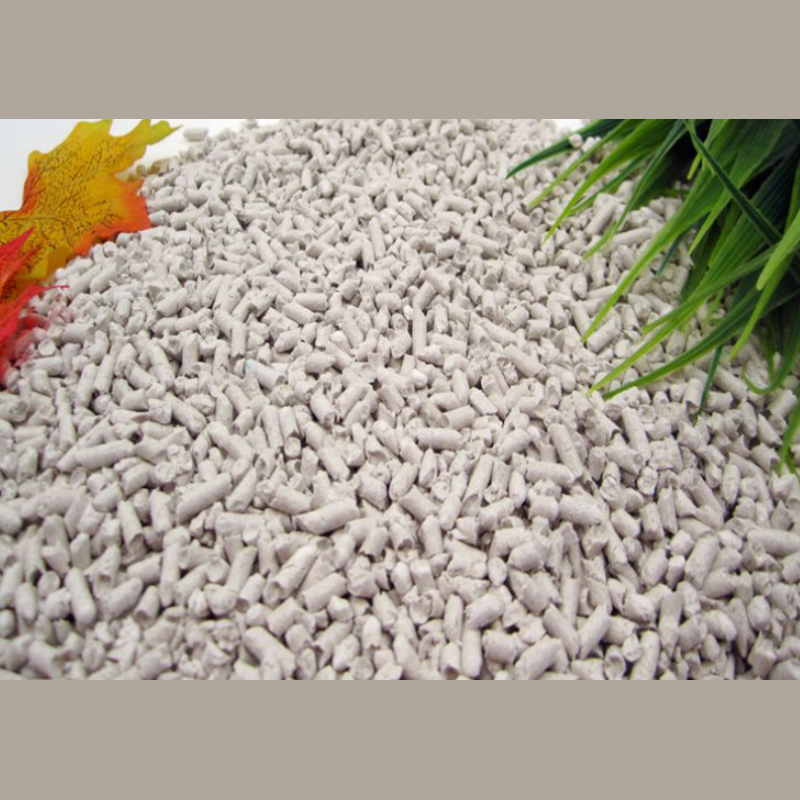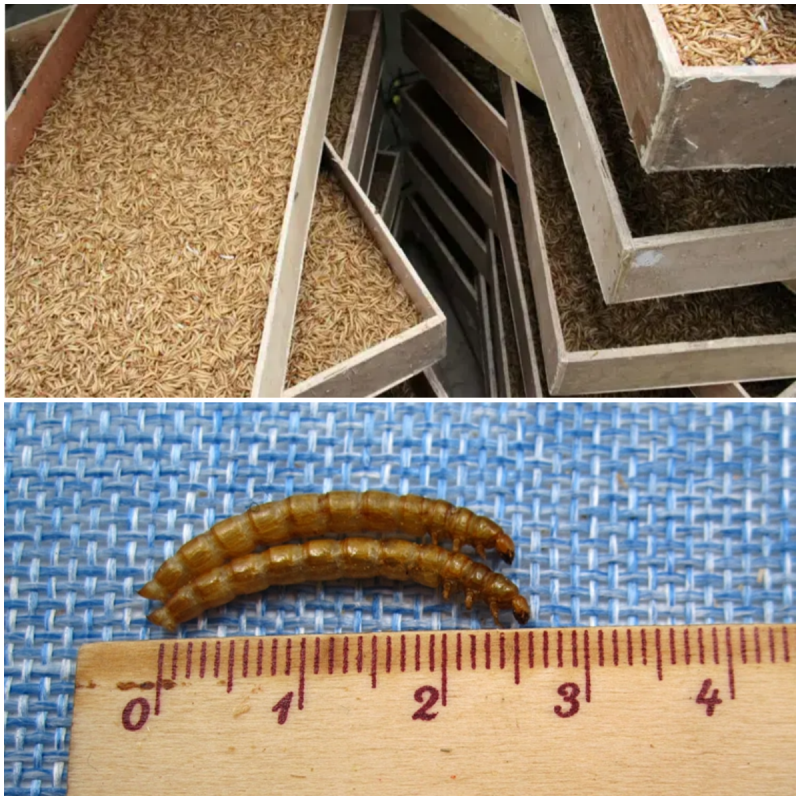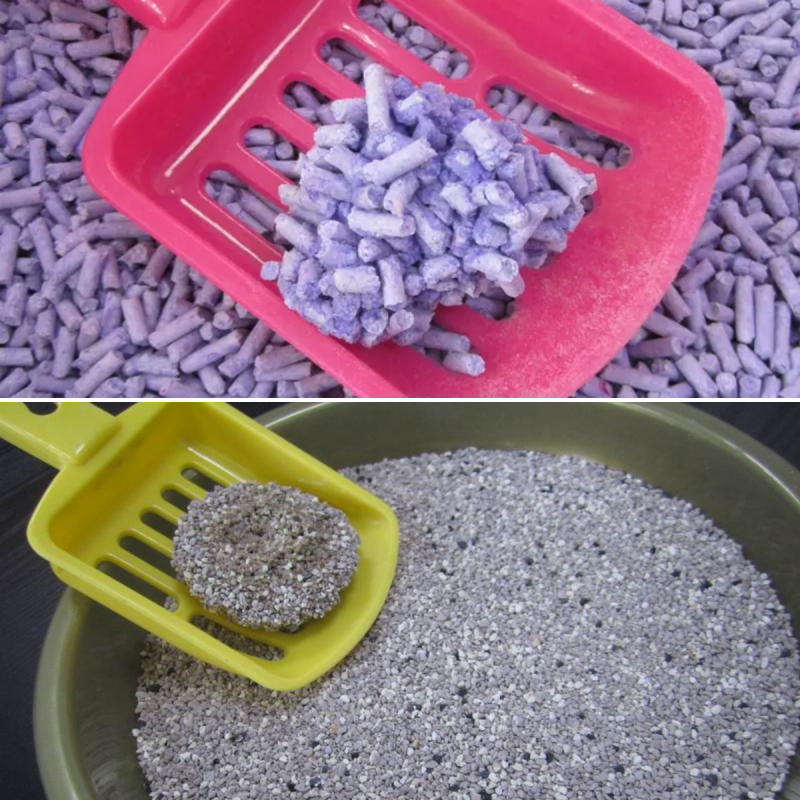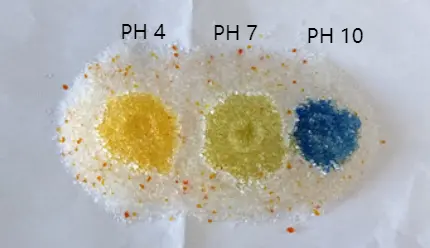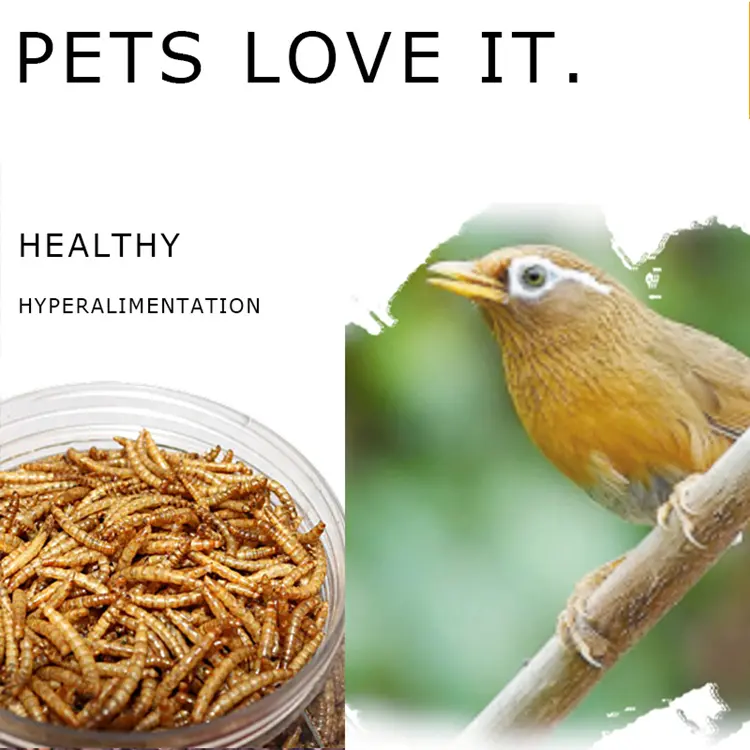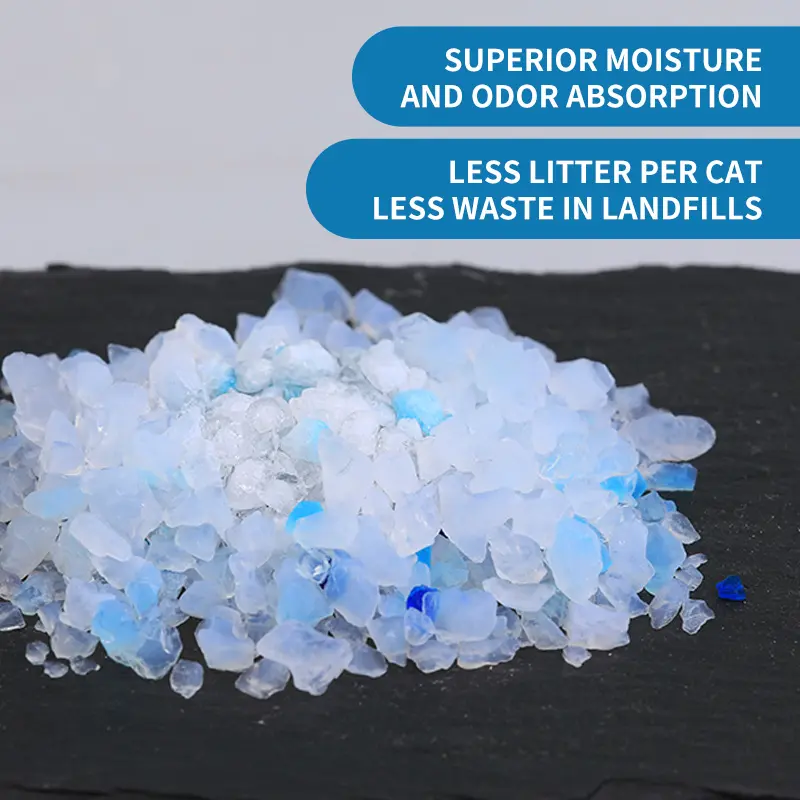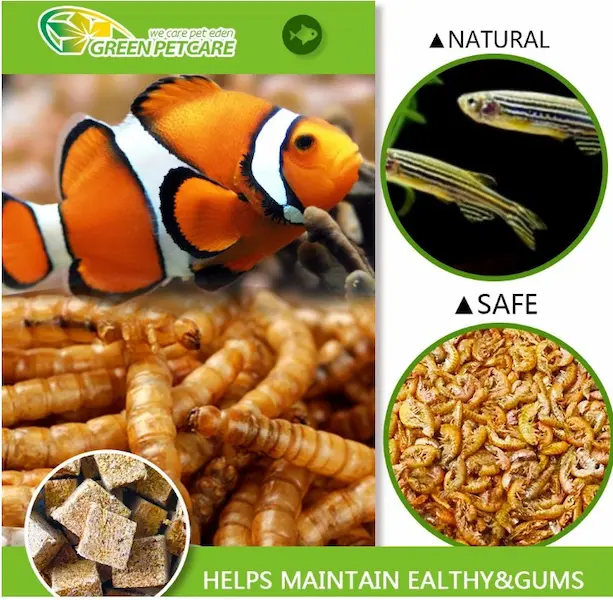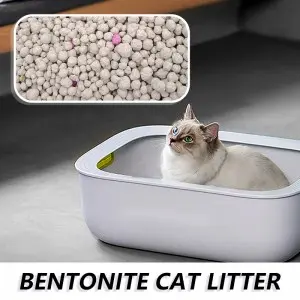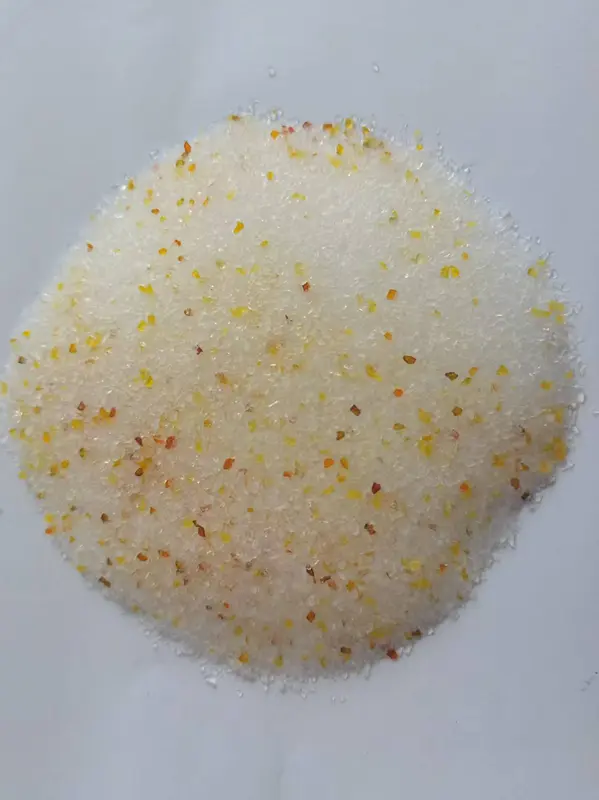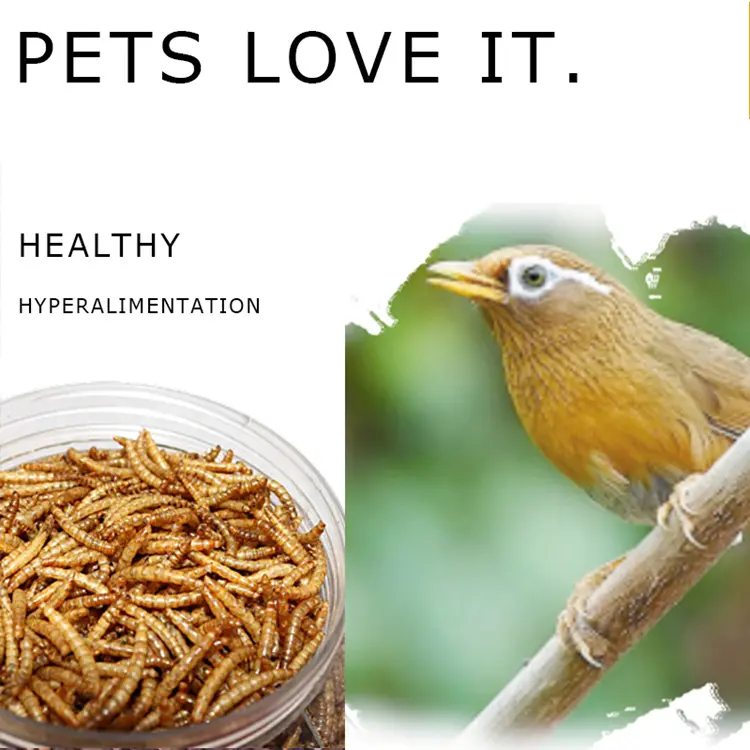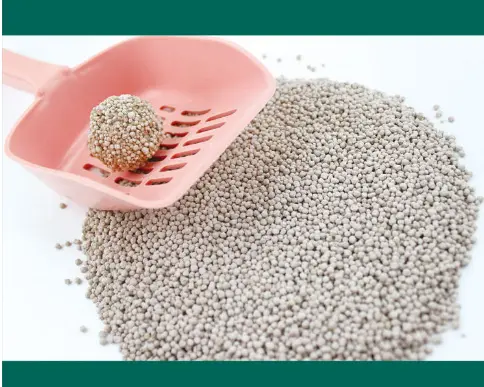The Role of Sodium Bentonite in Cat Litter
Sodium bentonite, a naturally occurring clay mineral, has become a key component in the manufacturing of clumping cat litter. This article explores the use of sodium bentonite in cat litter, its benefits, safety considerations, and its environmental impact. Through research-backed data and an understanding of the material’s properties, we will provide a comprehensive overview of its role in the pet care industry.
What is Sodium Bentonite?
Sodium bentonite is a type of bentonite clay, primarily composed of montmorillonite, a naturally absorbent and swelling mineral. Sodium bentonite has unique properties that make it highly effective in absorbing moisture and controlling odors, which is why it is commonly used in cat litter products. It is sourced from natural deposits and is known for its high cation exchange capacity, which enhances its ability to bind liquids and form clumps when exposed to moisture.
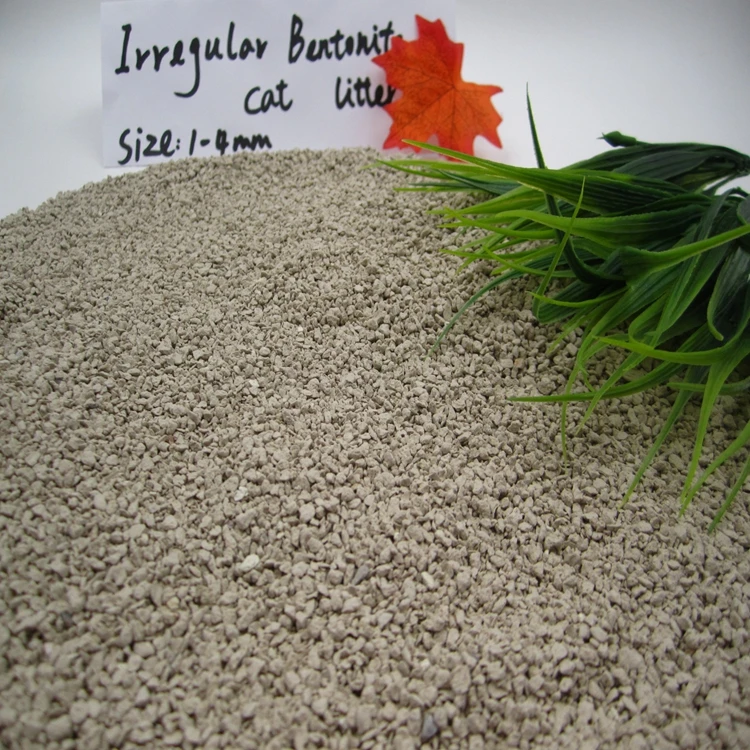
Key Features of Sodium Bentonite in Cat Litter
Sodium bentonite has long been the preferred material for clumping cat litter due to its superior properties in moisture absorption, clumping ability, and odor control. Let's explore these advantages in detail.
Superior Clumping Ability
One of the main reasons sodium bentonite is widely used in cat litter is its remarkable clumping ability. When the litter comes into contact with moisture (urine), sodium bentonite forms solid, tight clumps that are easy to scoop. This allows for better hygiene and minimizes the need for complete litter replacement. Clumping litter is convenient for cat owners because only the soiled areas need to be removed, making litter management easier and more efficient. Compared to other types of litter, such as cornstarch or recycled paper, sodium bentonite clumps more firmly, preventing the formation of messy, sticky residue.
Data shows that sodium bentonite’s clumping ability is significantly stronger than that of silica gel or clay-based litters. A study comparing different types of clumping agents (Journal of Applied Materials Science, 2022) found that sodium bentonite had clumping strengths of 4.5 on a scale of 1 to 5, while other clumping materials like silica gel scored 3.5 and cornstarch litter scored 3. Sodium bentonite's ability to maintain integrity during use is crucial for keeping the litter box tidy and minimizing odor spread.
Excellent Odor Control
Sodium bentonite is highly effective at controlling odors, a crucial factor for both pet and owner satisfaction. The clay’s high absorbent capacity allows it to trap urine and other waste products, neutralizing ammonia and reducing the spread of unpleasant smells. Sodium bentonite clumping litters are particularly effective at odor-binding due to the cation exchange properties of montmorillonite, a key mineral found in sodium bentonite.
Research (Environmental Science & Technology, 2021) shows that sodium bentonite is far superior to other materials like cornstarch or recycled paper when it comes to odor control. The absorbent capacity of sodium bentonite ranges between 3.5 – 4.5 mL of liquid per gram, which is significantly higher than non-clumping materials. The data highlights that sodium bentonite outperforms competitors, particularly in trapping ammonia, which is one of the primary causes of unpleasant odors in cat litter.
High Absorption Capacity
Sodium bentonite can absorb several times its weight in liquid. This makes it highly efficient in moisture retention, preventing the litter from becoming soggy or ineffective. For cat owners, this means that the litter remains dry and effective for longer periods, minimizing the need for frequent changes. This extended use can reduce overall litter consumption and contribute to cost savings.
A study on the absorption capacity of different cat litter materials (Journal of Materials Research, 2020) found that sodium bentonite's absorption rate can reach up to 4.5 times its weight in liquid, much higher than alternatives like silica gel (2.5 times) and recycled paper (1.5 times). This higher moisture absorption means less litter waste, making sodium bentonite both cost-effective and practical.
Dust Control
Another significant advantage of sodium bentonite-based litter is the development of low-dust formulations. The fine particles in sodium bentonite can irritate the respiratory systems of both cats and their owners, particularly those with asthma or allergies. However, many modern sodium bentonite litter products are treated to reduce dust levels, making them safer and more comfortable for both pets and people.
Conclusion
While other materials like silica gel, cornstarch, or recycled paper have their benefits, sodium bentonite remains the go-to choice for cat owners due to its superior clumping, odor control, and absorption properties. Its dust-reducing innovations and cost-effectiveness also make it an attractive option for a wide range of consumers.
Scientific Research on Sodium Bentonite in Cat Litter
Various studies have examined the properties and effectiveness of sodium bentonite in cat litter, particularly its clumping behavior, moisture retention, and odor control.
Comparison of Absorption Rates: Sodium Bentonite vs. Other Clumping Agents
| Material | Absorption Capacity (mL per g) | Clumping Strength | Odor Control Effectiveness |
|---|---|---|---|
| Sodium Bentonite | 3.5 – 4.5 | High | Excellent |
| Silica Gel | 2.0 – 2.5 | Moderate | Moderate |
| Clay-based Litter | 1.5 – 2.0 | Low | Low |
| Cornstarch Litter | 2.0 – 3.0 | Moderate | Moderate |
Source: Research on clumping agents in cat litter (Journal of Applied Materials Science, 2022)
The data above illustrates that sodium bentonite outperforms other materials in terms of absorption capacity, clumping strength, and odor control.
Environmental Impact of Sodium Bentonite vs. Other Materials
| Material | Biodegradability | Environmental Footprint | Resource Availability |
|---|---|---|---|
| Sodium Bentonite | Low | High (Mining impact) | Abundant (Natural deposits) |
| Silica Gel | Low | Medium (Energy-intensive production) | Limited (Non-renewable resource) |
| Cornstarch Litter | High | Low | Renewable (Agricultural byproduct) |
| Recycled Paper | High | Low | Renewable (Post-consumer waste) |
Source: Environmental Impact Study of Cat Litter Materials (Environmental Science & Technology, 2021)
Sodium bentonite's environmental footprint is largely due to its mining process, but it remains a popular choice due to its effectiveness in clumping and odor control. While biodegradable options like cornstarch and recycled paper may have lower environmental impacts, they typically do not offer the same performance in terms of clumping and moisture absorption.
Practical Benefits of Sodium Bentonite Cat Litter
Ease of Use and Maintenance
Easy to Scoop: The clumping nature of sodium bentonite cat litter means it is incredibly easy to scoop out waste, making litter box maintenance quicker and less time-consuming.
Low Maintenance: Since it absorbs moisture quickly, you need to replace only the clumped areas rather than the entire box, reducing waste and the need for frequent full litter changes.
Cost-Effectiveness
Long-Lasting: Due to its high absorption rate, sodium bentonite litter can last longer compared to non-clumping alternatives. This means less frequent purchases and lower overall costs for pet owners.
Efficient Use: The ability of sodium bentonite to bind liquids effectively means less litter is required per use, leading to a more efficient use of resources.
Enhanced Hygiene
Sodium bentonite-based cat litters are typically treated to reduce the spread of bacteria, which helps maintain a cleaner and more hygienic environment for both pets and pet owners.
Safety Considerations and Health Risks
While sodium bentonite cat litter is widely regarded as safe, there are a few important considerations to ensure the well-being of both cats and their owners.
Respiratory Concerns: Fine dust particles can be a concern, especially in poorly formulated sodium bentonite litters. Extended inhalation of these dust particles may cause respiratory irritation, particularly in cats with pre-existing lung conditions such as asthma.
Ingestion Risk: While rare, some cats may ingest the litter, which could potentially cause gastrointestinal issues. However, sodium bentonite is considered non-toxic, and ingestion typically does not pose a significant health risk if small amounts are consumed.
Toxicity to the Environment: The mining process for sodium bentonite, while natural, can lead to soil erosion and habitat disruption if not managed properly. Choosing brands that implement sustainable mining practices can help mitigate these concerns.
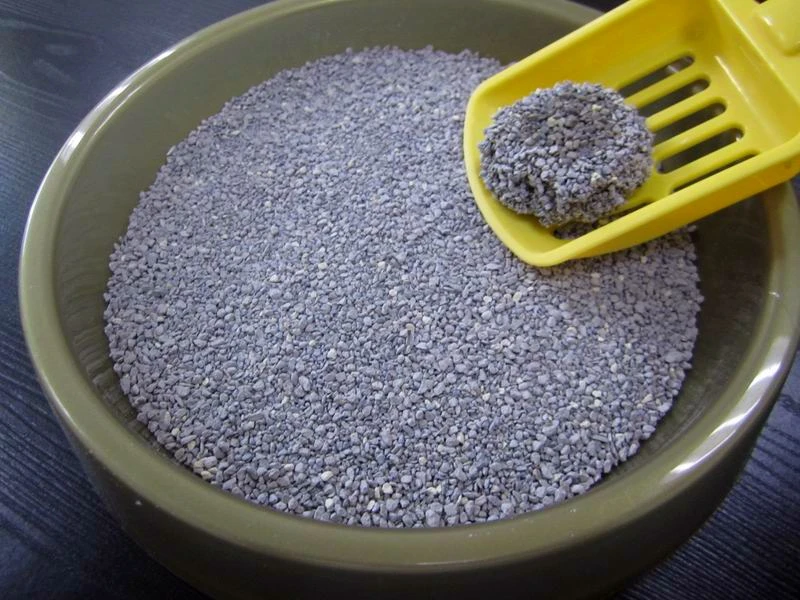
Sodium Bentonite vs. Alternative Cat Litter Materials
The market for cat litter has evolved, and many pet owners are now seeking environmentally friendly and sustainable alternatives. While sodium bentonite remains one of the most effective materials for clumping litter, alternatives such as silica gel, cornstarch, and recycled paper are becoming more popular due to their biodegradability and lower environmental impact.
Comparison of Performance: Sodium Bentonite vs. Alternative Litters
| Feature | Sodium Bentonite | Silica Gel | Cornstarch | Recycled Paper |
|---|---|---|---|---|
| Clumping Ability | High | Moderate | Moderate | Low |
| Odor Control | Excellent | Moderate | Moderate | Low |
| Dust-Free | Low (may cause dust) | High | High | High |
| Environmental Impact | High (Mining impact) | Moderate | Low (Biodegradable) | Low (Recycled) |
| Cost | Moderate | High | Low | Low |
Source: Market Analysis of Cat Litter Products (Pet Care Industry Report, 2023)
Sodium bentonite continues to be a leader in clumping and odor control, but consumers are increasingly seeking more sustainable options. For those prioritizing environmental concerns, biodegradable litters such as cornstarch or recycled paper offer excellent alternatives.
Sodium Bentonite-based Cat Litters Compare to Other Types (Cost-effectiveness and Performance)
When choosing a cat litter, pet owners often weigh the cost-effectiveness and performance of the product. Sodium bentonite-based litters are known for their high performance, but how do they stack up against other types of litter in terms of both cost and efficiency?
Cost Comparison
While sodium bentonite cat litter tends to be more expensive than non-clumping options like clay-based or recycled paper litters, it is generally considered more cost-effective in the long term due to its superior clumping and absorption abilities. With sodium bentonite, less litter is required to manage waste, and since only the soiled clumps need to be replaced, it reduces the frequency of full litter changes.
A cost comparison study by Pet Care Industry Report (2023) indicated that sodium bentonite-based clumping litters cost about 30% to 40% more per kilogram than traditional clay-based litters. However, due to the reduced need for frequent changes and more efficient usage, sodium bentonite can save money for consumers in the long run.
In contrast, biodegradable alternatives like cornstarch or wood-based litters may have a slightly lower initial cost but often require more frequent changes due to their lower clumping ability and moisture retention, which can make them more expensive over time.
Performance in Terms of Clumping and Odor Control
Sodium bentonite excels in performance when it comes to odor control and clumping. It outperforms non-clumping litters like clay-based and silica gel in these areas. According to a study by the Journal of Applied Materials Science (2022), sodium bentonite is able to trap moisture and odors more effectively than alternatives, leading to better overall performance.
Table 1 in the study shows that sodium bentonite has 3.5 to 4.5 times higher absorption capacity than non-clumping alternatives like recycled paper. This means that it can maintain a dry, odor-free environment longer, which is a key consideration for pet owners.
Eco-friendly Alternatives
Although sodium bentonite-based cat litter is highly efficient, some pet owners are willing to pay a premium for eco-friendly alternatives. Corn cat litter and wood-based litters are often marketed as more sustainable, but they can come with performance drawbacks in terms of clumping and odor control.
Shows a comparison of the clumping strength and absorption rate of sodium bentonite, cornstarch, and wood-based litters:
| Material | Clumping Strength (Scale 1-5) | Absorption Rate (ml per gram) | Odor Control (Scale 1-5) |
|---|---|---|---|
| Sodium Bentonite | 4.5 | 4.5 | 5 |
| Cornstarch Litter | 3.0 | 2.5 | 4 |
| Wood-based Litter | 3.0 | 2.8 | 4 |
As shown, sodium bentonite performs better in terms of both clumping strength and absorption, making it more cost-effective in the long run for cat owners who prioritize performance.
Conclusion
Sodium bentonite cat litter, while higher in upfront cost, provides long-term savings through superior performance, especially in clumping, moisture absorption, and odor control. It outperforms many other types of litter, including biodegradable options, in these key areas. Pet owners seeking a reliable and efficient solution for their cats will find sodium bentonite to be a practical and cost-effective choice.
Conclusion
Sodium bentonite remains one of the most effective and reliable materials used in cat litter. Its superior clumping ability, excellent odor control, and high absorption capacity make it a popular choice for pet owners. While it does come with certain environmental and health considerations, its long-lasting effectiveness often outweighs these concerns for many cat owners.
As more consumers seek environmentally friendly alternatives, the pet care industry is evolving, with innovations in biodegradable and sustainable cat litter products. However, sodium bentonite's performance in odor control and moisture absorption is unlikely to be surpassed anytime soon.
By choosing products that incorporate responsibly sourced sodium bentonite, pet owners can enjoy the benefits of this highly effective material while also supporting sustainable practices within the industry.
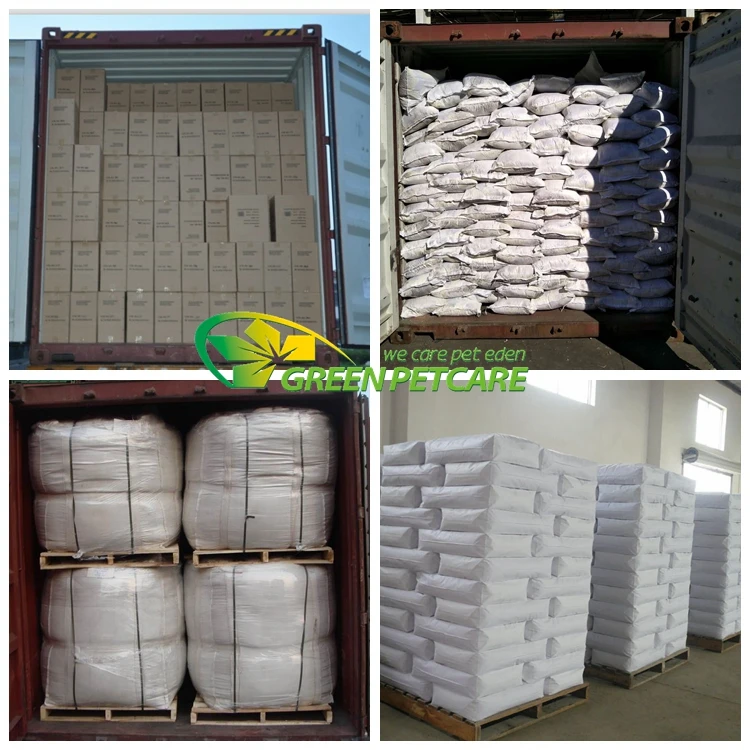
Choose Green Pet Care Co., Ltd.
At Green Pet Care Co., Ltd., we are dedicated to providing high-quality pet products that enhance the lives of both pets and their owners. Established in 2014, our company specializes in the research, processing, and export of pet products, including cat litter, puppy pads, pet toys, pet food, and pet feeders. With a registered capital of 5 million yuan and multiple factories, we have built a strong reputation for producing affordable and high-quality products that are trusted by customers worldwide.
Our cat litter offerings include traditional sodium bentonite litter, silica sand, and pine sand. We also specialize in environmentally friendly options, such as Duofu cat litter and corn cat litter, which have quickly gained popularity in both domestic and international markets. With a monthly sales volume of 2,000 tons of traditional cat litter and 500 tons of Duofu and corn cat litter, we are committed to creating products that are safe, effective, and eco-friendly.
In addition to our cat litter products, our pet food bowls and pet toilets are highly favored for their stylish designs, high-end quality, and affordable prices. With monthly sales of over 2 million units, our products are trusted by consumers for their practicality and aesthetic appeal.
At Green Pet Care, we believe that pets deserve the best, and we are proud to create a healthier, greener environment for pets worldwide. Whether you're looking for high-performance cat litter or stylish pet accessories, we offer a wide range of products that meet the needs of pets and pet owners everywhere.
Contact us today to learn more about our products and how we can help you provide your pets with the best care possible. Let your pets eat with confidence, use products safely, and enjoy a healthy and happy life!
